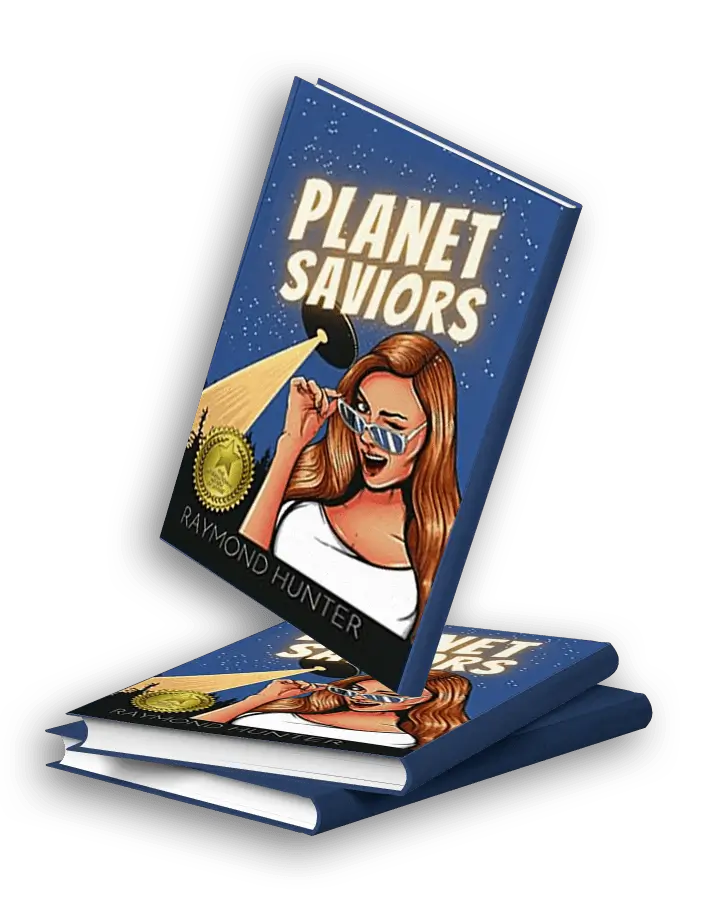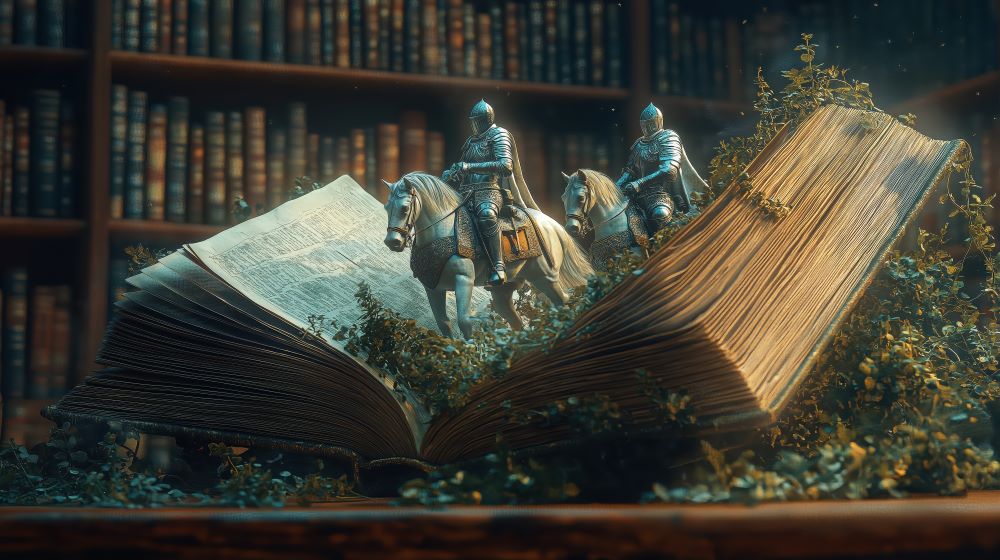Storytelling is a timeless tradition, deeply rooted in human culture. From the fireside myths of ancient civilizations to the complex narratives of modern novels, fiction has always been a gateway to understanding ourselves and the world around us.
Let’s embark on a journey through fiction history, exploring its evolution and significance.
The Birth of Storytelling: Myths and Legends
Long before books lined the shelves of libraries, stories were shared orally. Ancient myths and legends were the earliest forms of fiction, serving as a way for societies to explain the unexplainable.
Whether it was the Greek pantheon of gods or the intricate tales of the Mahabharata, these stories were infused with lessons, morals, and a sense of wonder.
Myths provided answers to humanity’s biggest questions: Why are we here? What is our purpose? These early narratives laid the foundation for storytelling, shaping how we understand heroes, villains, and the eternal struggle between good and evil.
The Written Word: Fiction Finds Its Form
The invention of writing marked a pivotal moment in fiction history. Epics like Homer’s The Iliad and The Odyssey transitioned oral tales into written records, preserving them for future generations.
The rise of parchment and papyrus allowed storytellers to craft longer, more complex narratives.
By the Middle Ages, fiction diversified into fables, romances, and morality tales. Think of Chaucer’s Canterbury Tales, which combined humor, social critique, and vivid characters to create a new level of narrative depth.
Fiction was no longer just a means to explain the divine it became a mirror reflecting the human experience.
The Renaissance and Beyond: Fiction as Art
The Renaissance brought with it a cultural awakening, and fiction blossomed as a form of art. William Shakespeare’s plays blurred the lines between drama and storytelling, showcasing the depth of human emotion.
Meanwhile, Miguel de Cervantes’ Don Quixote pioneered the modern novel, blending humor, adventure, and satirical commentary on societal norms.
This era of fiction history showed us that stories could entertain while challenging our perspectives. It was a time when literature became accessible to the masses, setting the stage for the novels we enjoy today.
Modern Fiction: Breaking Boundaries
Fast-forward to the 20th and 21st centuries, and fiction continues to evolve. Genres like science fiction, fantasy, and romance push the boundaries of imagination.
Writers like J.R.R. Tolkien and Isaac Asimov transported readers to otherworldly realms, while authors like Raymond Hunter blend genres to create unique literary adventures.
Fiction now serves as a space to explore identity, challenge social norms, and address global issues. Works like Planet Saviors bring together satire, romance, and rebellion to craft stories that resonate with a diverse audience.
Why Fiction Matters Today
Fiction isn’t just entertainment—it’s a way to connect, reflect, and dream. Whether you’re diving into the cosmic escapades of Stella in Planet Saviors or revisiting ancient myths, stories bridge the gap between imagination and reality.

Conclusion
From ancient myths to contemporary novels, fiction reflects humanity’s enduring desire to understand the world and our place within it. As we turn the pages of history and modernity, we find that the essence of storytelling remains the same: to connect, inspire, and explore the infinite possibilities of the human spirit.
Step into the world of storytelling through the ages with Raymond Hunter’s Planet Saviors Planet Saviors. Explore how myths shaped modern narratives and find inspiration to craft your own timeless tale. Start your creative journey now by getting a copy!




